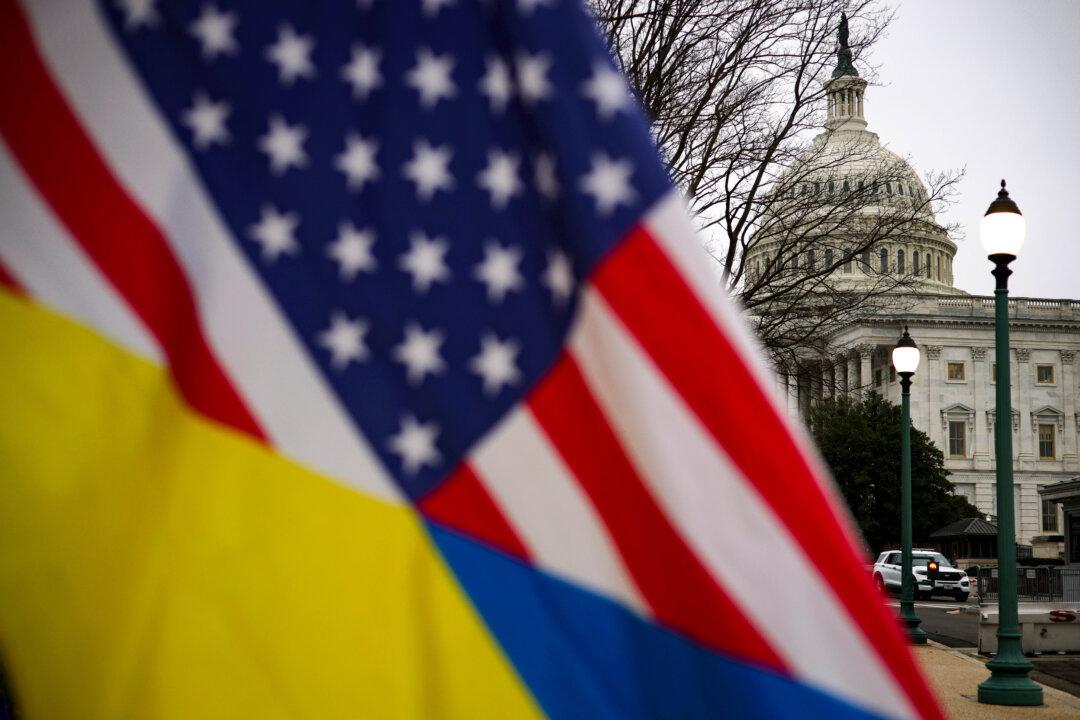President Donald Trump on Monday gave the green light for a U.S. company to acquire TikTok, a short-video app owned by Beijing-based internet giant Bytedance Technology Co. used by millions of mostly young Americans.
He was called by Microsoft and allowed the company or another U.S. company to buy TikTok, the president said.





